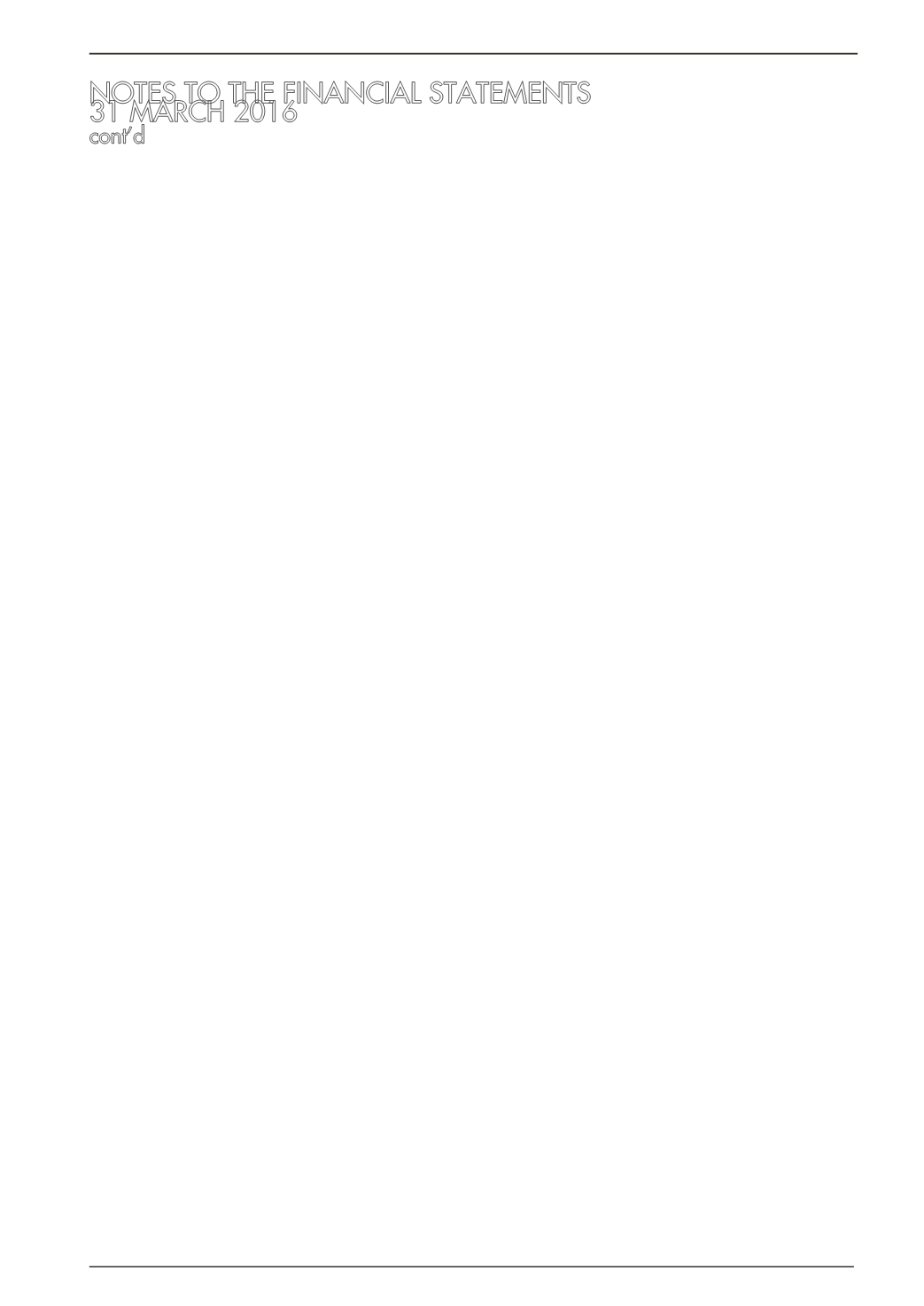

page
105
KUMPULAN FIMA BERHAD
(11817-V) |
Annual Report
2016
2.
SIGNIFICANT ACCOUNTING POLICIES (CONT’D)
2.2 New FRSs, Amendments to FRS and IC Interpretations (Cont’d)
(b) Standards Issued But Not Yet Effective
The standards and interpretations that are issued but not yet effective up to the date of issuance
of the Group’s and the Company’s financial statements are disclosed below. The Group and the
Company intend to adopt these standards, if applicable, when they become effective.
Effective for annual period
Description
beginning on or after
Annual Improvements to FRSs 2012 - 2014 Cycle
1 January 2016
Amendments to FRS 116 and FRS 138: Clarification of
Acceptable Methods of Depreciation and Amortisation
1 January 2016
Amendments to FRS 116 and FRS 141: Agriculture: Bearer
Plants
1 January 2016
Amendments to FRS 10 and FRS 128: Sale or Contribution of
Assets between an Investor and its Associates or Joint
Venture
Deferred
Amendments to FRS 11: Accounting for Acquisitions of Interests
in Joint Operations
1 January 2016
Amendments to FRS 127:Equity Method in Separate
Financial Statements
1 January 2016
Amendments to FRS 101: Disclosure Initiatives
1 January 2016
Amendments to FRS 10, FRS 12 and FRS 128:
Investment Entities: Applying the Consolidation Exception
1 January 2016
FRS 14 Regulatory Deferral Accounts
1 January 2016
Amendments to FRS 112: Recognition of Deferred Tax Assets for
Unrealised Losses
1 January 2017
Amendments to FRS 107: Disclosure Initiative
1 January 2017
FRS 15 Revenue from Contracts with Customers
1 January 2018
FRS 9 Financial Instruments
1 January 2018
The directors expect that the adoption of the above standards and interpretations will have no
material impact on the financial statements in the period of initial application except as discussed
below:
(i) FRS 15 Revenue from Contracts with Customers
FRS 15 establishes a new five-step models that will apply to revenue arising from contracts
with customers. FRS 15 will supersede the current revenue recognition guidance including
FRS 118 Revenue, FRS 111 Construction Contracts and the related interpretations when it
becomes effective.
The core principle of FRS15 is that an entity should recognise revenuewhich depict the transfer
of promised goods or services to customers in an amount that reflects the consideration to
which the entity expects to be entitled in exchange for those goods or services.
Under FRS 15, an entity recognises revenue when (or as) a performance obligation is
satisfied, i.e when “control” of the goods or services underlying the particular performance
obligation is transferred to the customer.

















